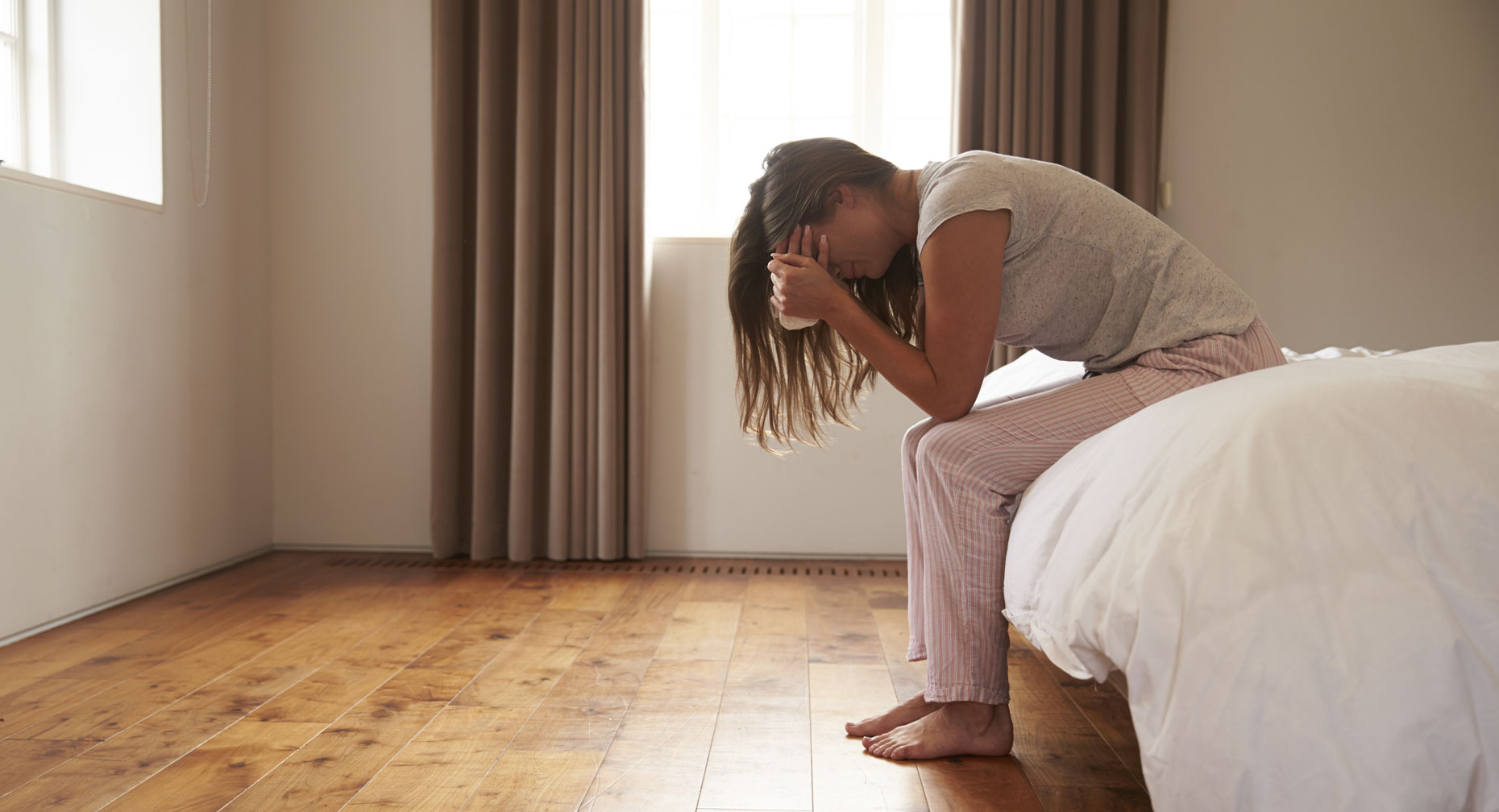The Link Between Sleep and Mental Health

Find Your Perfect Match
Answer a few questions and we'll provide you with a list of primary care providers that best fit your needs.
Ever notice that when you don’t get a good night’s sleep, nothing seems quite right the next day? Lack of sleep affects more than just your physical health. It also has a big impact on your mental health, too. It colors your outlook on life, and eats away at energy level, motivation and emotions. Even small levels of sleep deprivation over time can diminish your well-being.
The risk of developing depression is greatest among people who have trouble both falling asleep and staying asleep.
The link between sleep and mood has been noted again and again by researchers and doctors. A good night’s sleep promotes mental and emotional resilience, while chronic sleep disruptions set the stage for negative thinking and emotional vulnerability. Sleep deficiency also can trigger problems with your safety and quality of life. When you’re sleep deprived, you may make more mistakes, feel more irritable or find yourself forgetting things more easily.
Sleep and Depression
The relationship between sleep and depression is complex. Sleep problems can increase the risk for developing some mental illnesses. Disrupted sleep can even lead to clinical depression or anxiety, as well as a host of other psychiatric conditions. In fact, people with insomnia are much more likely to be depressed or anxious than those who sleep well.
Likewise, if you're depressed, you may suffer from a variety of insomnia symptoms, including difficulty falling asleep, staying asleep, unrefreshing sleep and daytime sleepiness. The risk of developing depression is greatest among people who have trouble both falling asleep and staying asleep.
For some, symptoms of depression occur before sleep problems happen; for others, sleep problems appear first. In fact, altered sleep patterns can be a sign of many mental health issues. If you find yourself consistently sleeping too little or too much, bring it up with your doctor. That way, you can look at your total physical and mental health picture, and decide if further testing or a treatment plan is right for you.
Find Your Perfect Match
Answer a few questions and we'll provide you with a list of primary care providers that best fit your needs.
Source: National Sleep Foundation; Harvard Health; American Academy of Sleep Medicine




